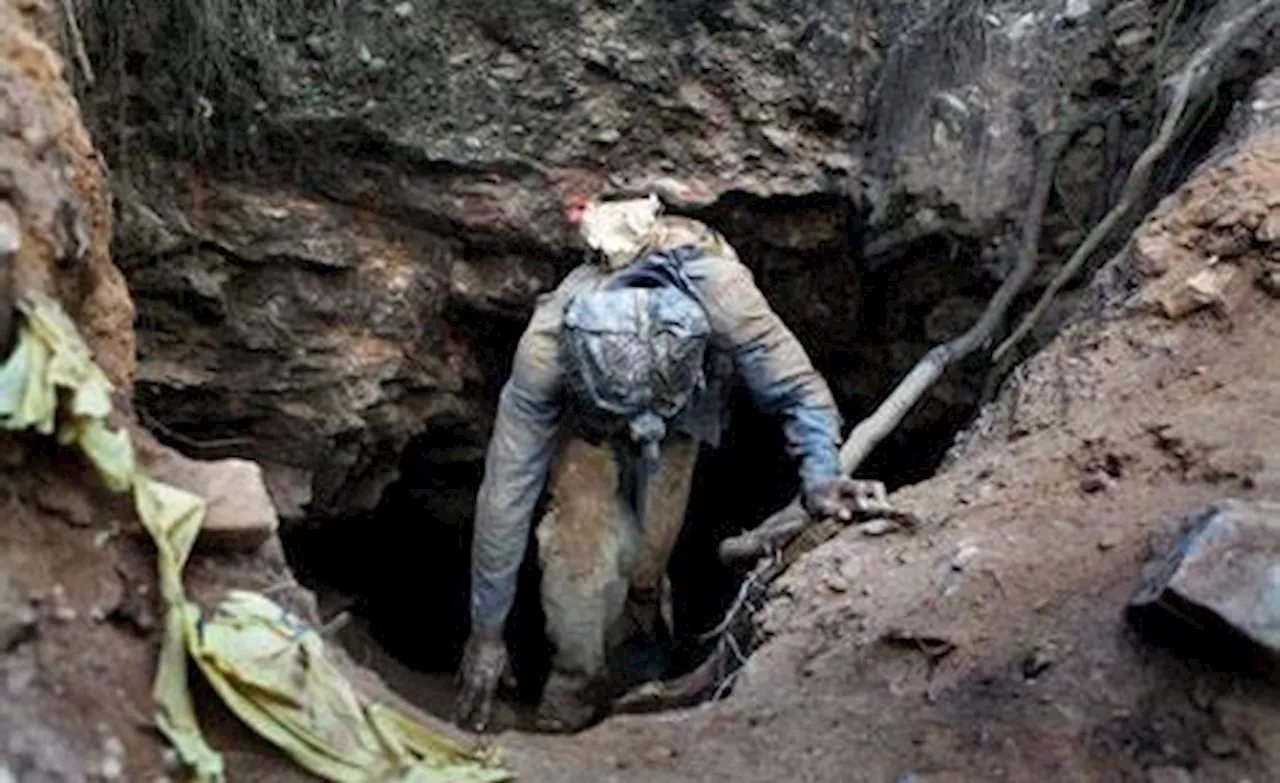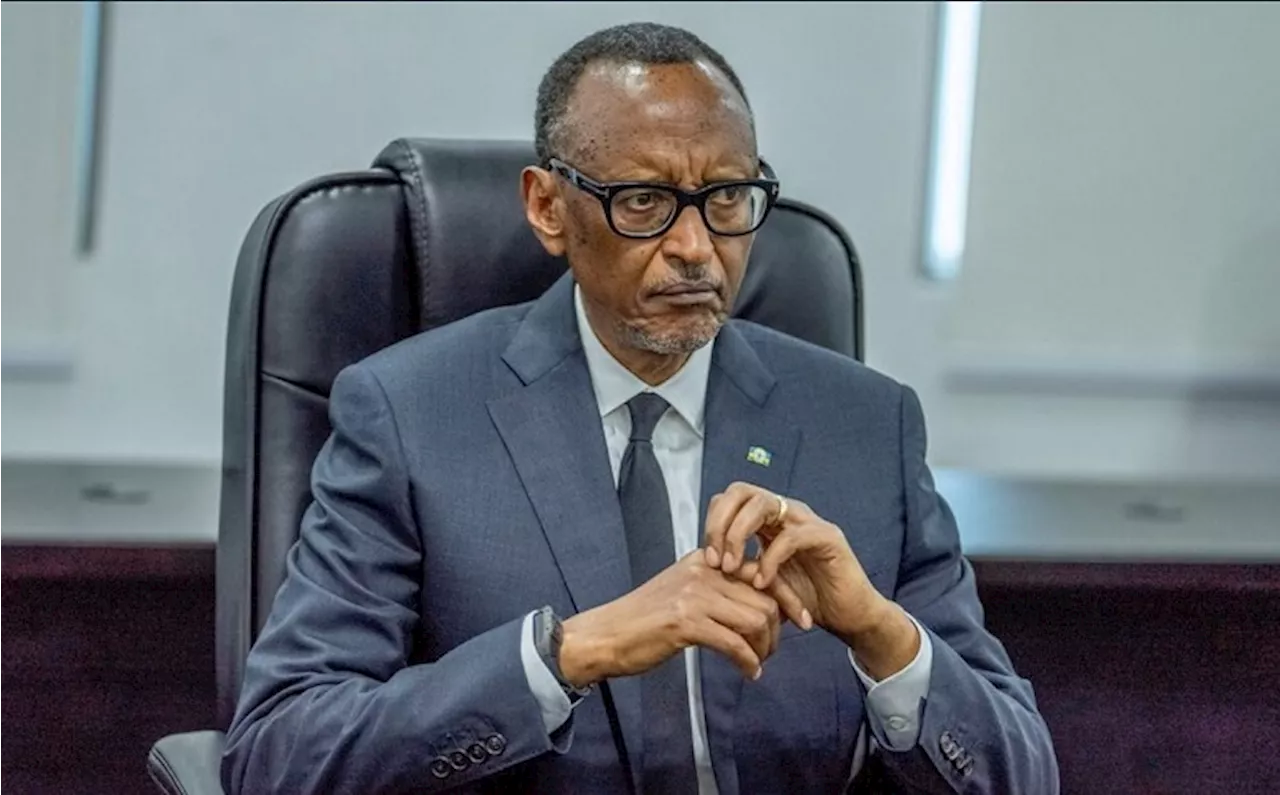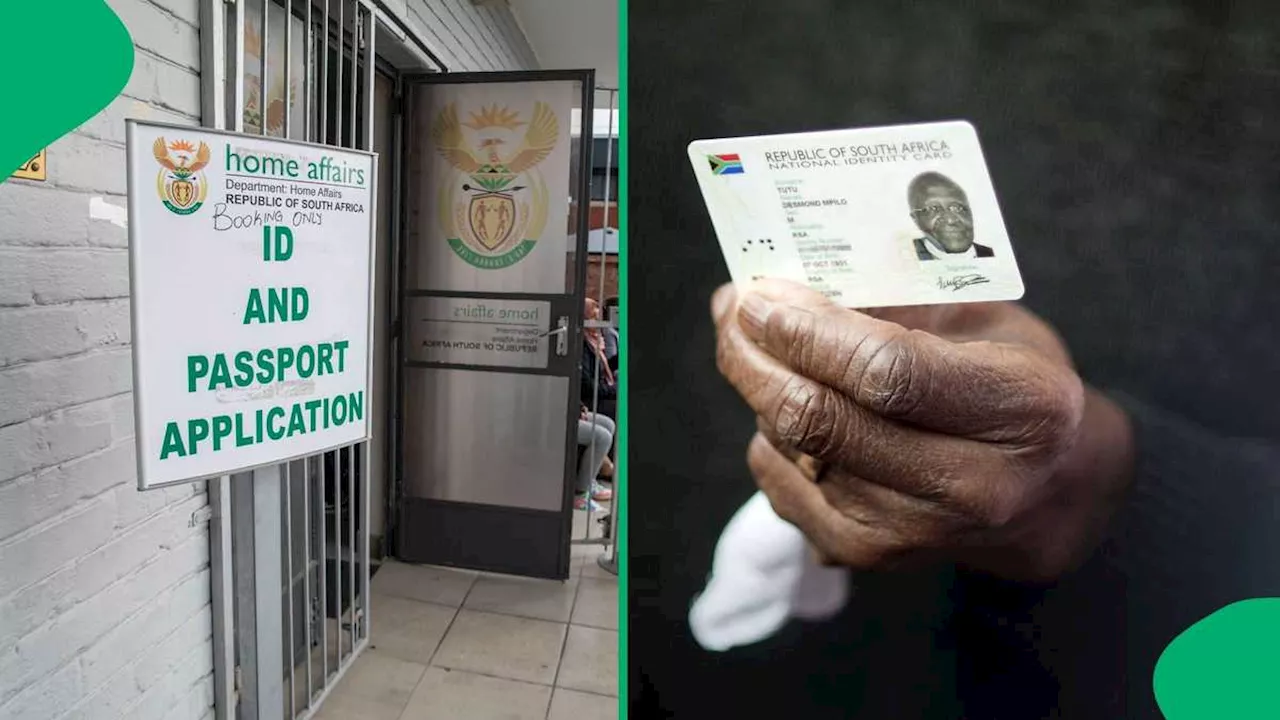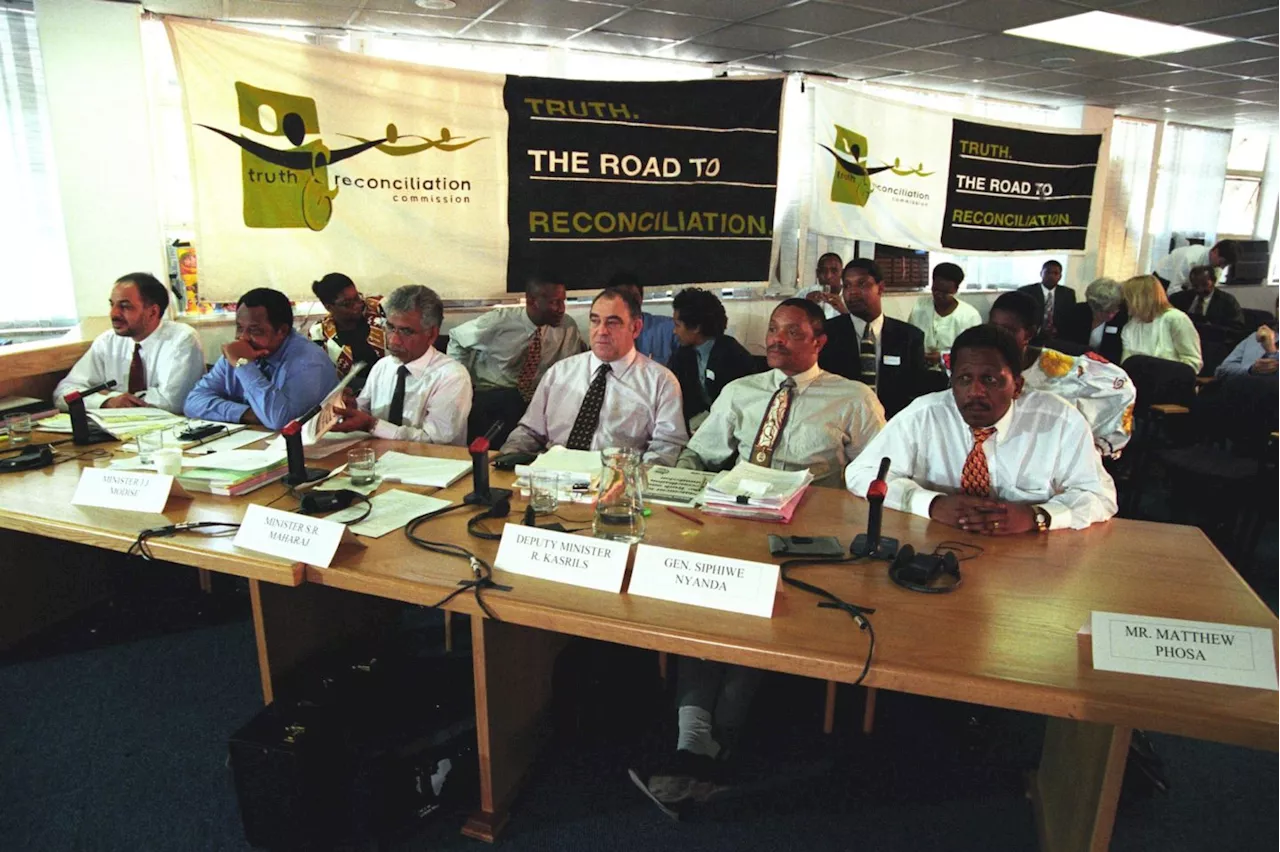Three recent developments in South Africa signal a potential turning point in addressing post-apartheid social injustices: the Expropriation Bill, a class action lawsuit seeking accountability for unfulfilled TRC recommendations, and a court ruling condemning the exclusion of millions from social relief grants.
Anyone predicting 30 years ago that the newly minted democratic government would fail to reform land ownership, would not prosecute the worst apartheid criminals and would block millions of the poorest citizens from obtaining social grants to which they are constitutionally entitled would have been branded counter-revolutionary.
Yet that is what the government has delivered, while presiding over the tanking of an exclusionary economy, rendering the constitutional democracy unsustainable by opening the door for populists, racists and anti-constitutionalists. In that context, historians of the future may well look back at three unrelated developments in the last week of January as something of a turning point for the country. 1. The President signed the new Expropriation Bill into law. Expropriating land in appropriate circumstances is an important tool at government’s disposal to accelerate land reform. Land expropriation is not new, but the new law articulates the circumstances under which nil compensation would be just and equitable. Those who say the Act is a weapon to chase white people into the sea are too short-sighted to see the benefits of living in a country that has come to terms with its past. The sustainability of constitutional democracy depends on the state addressing the original colonial sin of land dispossession. 2. The families of victims of gross apartheid-era human rights violations announced that they were launching a class action to compel the president to investigate the state’s failure to implement recommendations of the Truth and Reconciliation Commission (TRC) pertaining to prosecutions of offenders who did not qualify — or did not apply — for amnesty. A former head of prosecutions, advocate Vusi Pikoli, has said under oath that he was instructed by the minister of justice not to conduct the prosecutions, a charge former president Thabo Mbeki has denied. The last apartheid president, FW De Klerk, shortly before his death alluded to a deal having been done between his National Party and the ANC. The families of victims now demand the truth for this injustice, besides hefty compensation for their losses and suffering. The nation needs to understand why the state chose to ignore the TRC recommendations, not only on prosecutions but also on measures to balance post-apartheid inequality. 3. Judge ML Twala, of the Gauteng high court in Pretoria, delivered a condemnatory judgment relating to the state’s exclusion of millions of people from what should be their right to receive the social relief of distress grant. The judge said the South African Social Security Agency (Sassa) and the department of social development “seem to be oblivious” to the human suffering and indignation caused by the combination of inefficient administration and the deployment of regulations with barriers that exclude eligible grant-seekers. Sassa and the ministers of finance and social development were ordered to address inadequacies in the value of the grant (less than half the food poverty line) and people’s access to the grant in compliance with their constitutional obligations. Given the judge’s remarks, the space for the government to continue resisting the implementation of a basic income grant is shrinking. These are three profoundly important matters, dealing as they all do with post-apartheid social justice. The Constitution is a framework to achieve fairness, morality and equality. It cannot be that, while those with money rush to court invoking constitutional provisions protecting minorities, those provisions intended to protect the rights of the majority — and justice — are pushed aside
SOUTH AFRICA LAND REFORM APARTHEID TRUTH AND RECONCILIATION COMMISSION SOCIAL WELFARE BASIC INCOME GRANT CONSTITUTION SOCIAL JUSTICE
South Africa Latest News, South Africa Headlines
Similar News:You can also read news stories similar to this one that we have collected from other news sources.
 South Africa: Death of Miners in South Africa a Government FailureRights groups are criticizing South Africa's government for failing to prevent what they call a 'massacre' at the Buffelsfontein mine, after security officials cut off food, water, and other essential supplies to miners trapped underground and delayed a rescue operation.
South Africa: Death of Miners in South Africa a Government FailureRights groups are criticizing South Africa's government for failing to prevent what they call a 'massacre' at the Buffelsfontein mine, after security officials cut off food, water, and other essential supplies to miners trapped underground and delayed a rescue operation.
Read more »
 Rwanda's Kagame: Ready for Confrontation with South Africa if NecessaryRwandan President Paul Kagame has asserted that Rwanda is prepared for a confrontation with South Africa should the situation necessitate it. Kagame's statement follows the recent escalation of fighting in the Democratic Republic of Congo (DRC), where 13 South African soldiers were killed. Kagame claims South Africa's military activities in the DRC were not properly disclosed and that Ramaphosa requested logistical support while simultaneously acknowledging South Africa's peace efforts. He further criticizes South Africa's role as a peacemaker and mediator, warning of a forceful response if South Africa seeks confrontation.
Rwanda's Kagame: Ready for Confrontation with South Africa if NecessaryRwandan President Paul Kagame has asserted that Rwanda is prepared for a confrontation with South Africa should the situation necessitate it. Kagame's statement follows the recent escalation of fighting in the Democratic Republic of Congo (DRC), where 13 South African soldiers were killed. Kagame claims South Africa's military activities in the DRC were not properly disclosed and that Ramaphosa requested logistical support while simultaneously acknowledging South Africa's peace efforts. He further criticizes South Africa's role as a peacemaker and mediator, warning of a forceful response if South Africa seeks confrontation.
Read more »
 Electricity prices in South Africa: a breaking point is nearSouth Africa needs urgent and coordinated efforts to support the transition to clean energy, writes Imraan Mukadam.
Electricity prices in South Africa: a breaking point is nearSouth Africa needs urgent and coordinated efforts to support the transition to clean energy, writes Imraan Mukadam.
Read more »
 Cisco Expands Cloud Communication Footprint in South Africa with New Point of PresenceCisco strengthens its commitment to the Sub-Saharan Africa region by launching a new point of presence (PoP) for its Webex Calling and Webex Contact Center cloud services in South Africa. This strategic move leverages AWS's local data centers to deliver enhanced performance, reliability, and security for businesses of all sizes.
Cisco Expands Cloud Communication Footprint in South Africa with New Point of PresenceCisco strengthens its commitment to the Sub-Saharan Africa region by launching a new point of presence (PoP) for its Webex Calling and Webex Contact Center cloud services in South Africa. This strategic move leverages AWS's local data centers to deliver enhanced performance, reliability, and security for businesses of all sizes.
Read more »
 South Africa and Rwanda Battle for Africa's Sole Formula 1 Grand Prix SlotSouth Africa and Rwanda are vying for the opportunity to host the return of Formula 1 to Africa, with the two countries making bids to bring the grand prix back to the continent after a 32-year absence.
South Africa and Rwanda Battle for Africa's Sole Formula 1 Grand Prix SlotSouth Africa and Rwanda are vying for the opportunity to host the return of Formula 1 to Africa, with the two countries making bids to bring the grand prix back to the continent after a 32-year absence.
Read more »
 South Africa Leads Africa in Identity Document Fraud, Home Affairs Urges Migration to Smart ID CardSouth Africa is number one on the continent when it comes to identity document fraud, and Home Affairs has urged citizens to switch to the Smart ID Card.
South Africa Leads Africa in Identity Document Fraud, Home Affairs Urges Migration to Smart ID CardSouth Africa is number one on the continent when it comes to identity document fraud, and Home Affairs has urged citizens to switch to the Smart ID Card.
Read more »
